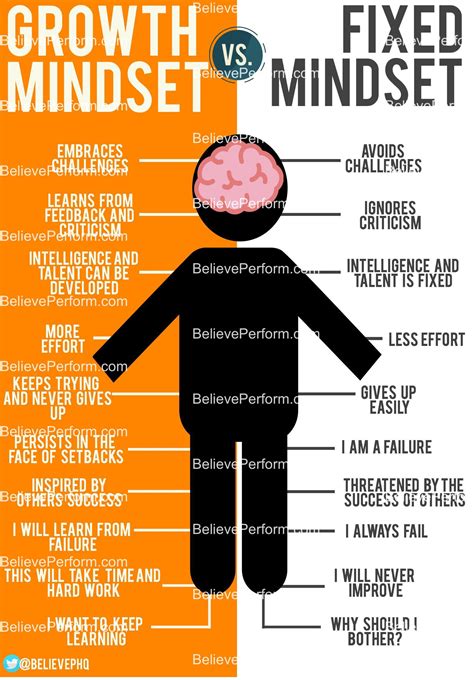Many of us embark on fitness journeys or financial plans with great enthusiasm, only to see our resolve wane over time. The initial burst of motivation fades, and we often revert to old habits. Why do some individuals maintain unwavering discipline in both their health and wealth, while others struggle for consistency? The answer lies not in willpower alone, but in a profound shift in mindset that transforms temporary efforts into sustainable lifestyles.
Shifting from “Having” to “Being”
The most crucial mindset shift involves moving away from focusing solely on what you want to “have” (e.g., a leaner body, a larger bank account) to concentrating on who you want to “be.” This is an identity-based approach to discipline. Instead of saying, “I want to lose weight,” the shift is to, “I am a healthy and active person.” For finance, it’s not just, “I want to save money,” but “I am a financially responsible individual.”
When your actions align with your identity, they stop feeling like chores and start becoming natural extensions of who you are. A healthy person naturally chooses nutritious food and regular exercise. A financially responsible person naturally prioritizes saving, investing, and mindful spending. This internal congruence makes long-term adherence significantly easier because you are living out your values, not just striving for a distant goal.

Embracing Delayed Gratification as a Superpower
In an instant-gratification society, cultivating delayed gratification is a true superpower for both fitness and finance. The mindset shift here involves valuing future rewards more highly than immediate pleasures. It’s understanding that the temporary discomfort of a challenging workout now leads to sustained vitality later, and the discipline of saving or investing today creates exponential financial freedom tomorrow.
This isn’t about deprivation; it’s about strategic prioritization. It requires a strong connection to your future self – seeing that future self as someone you are actively building and nurturing through your present choices. When you view your current self and future self as a team, making choices that benefit both becomes intuitive.

From Scarcity to Abundance: A Wealth of Perspective
Many individuals approach fitness and finance from a scarcity mindset. They feel deprived when cutting calories or spending less, focusing on what they’re “losing.” A powerful mindset shift is to embrace an abundance perspective. In fitness, this means focusing on the energy gained, the strength built, and the longevity achieved, rather than just the foods you can’t eat. In finance, it’s about recognizing the opportunities created by disciplined saving and investing – the freedom, security, and options that grow over time – rather than feeling restricted by a budget.
This shift reframes the narrative from one of limitation to one of empowerment and growth. It helps to overcome the emotional triggers that often lead to impulsive, self-sabotaging behaviors in both areas.

Process Over Outcome: The Journey is the Reward
Focusing solely on outcomes (e.g., a specific weight, a certain net worth) can lead to demotivation if progress isn’t linear or as fast as desired. A crucial mindset shift is to fall in love with the process itself. This means appreciating the daily routine, the consistent effort, and the small, incremental improvements. The discipline becomes the reward, not just the means to an end.
Celebrating consistency – hitting the gym regularly, tracking your expenses, reviewing your budget – reinforces the desired behaviors. It acknowledges that long-term success is built on a foundation of daily habits, not monumental leaps. This process-oriented mindset fosters resilience and makes setbacks easier to navigate, as they become minor deviations in an ongoing journey rather than failures of a final goal.

Conclusion: An Internal Transformation
Ultimately, the mindset shift that truly fuels long-term fitness and financial discipline is an internal transformation. It’s about moving from external motivators to internal drivers, from temporary fixes to identity-based habits, from instant gratification to strategic delayed rewards, and from outcome obsession to process appreciation. When these shifts occur, discipline ceases to be a struggle and becomes a natural, integrated part of a fulfilling and well-balanced life, ensuring sustained success in both your health and wealth.





